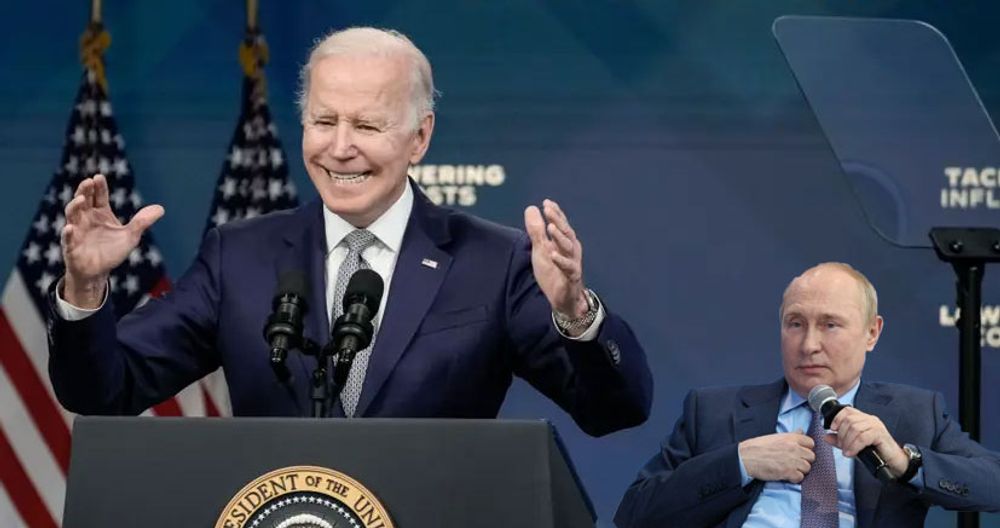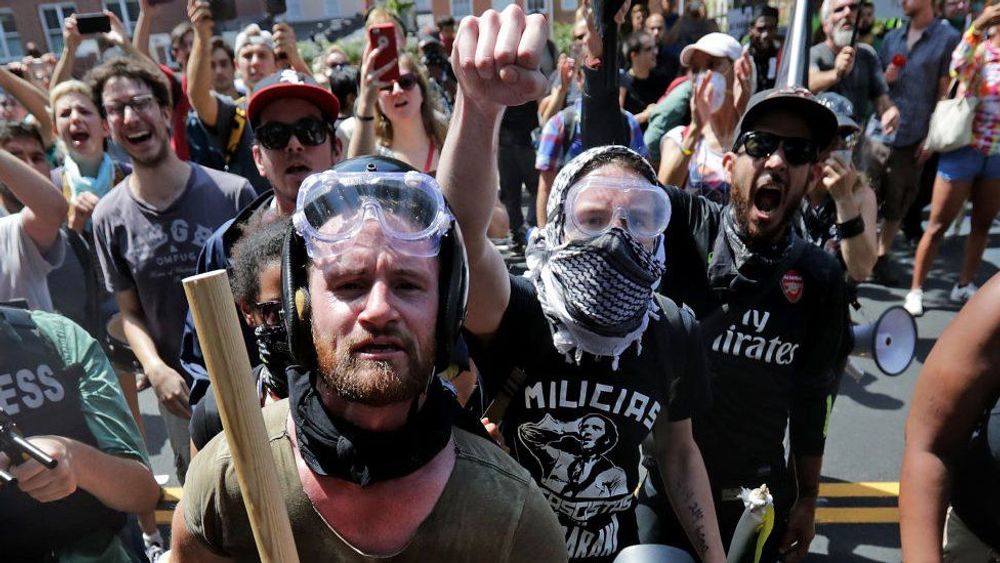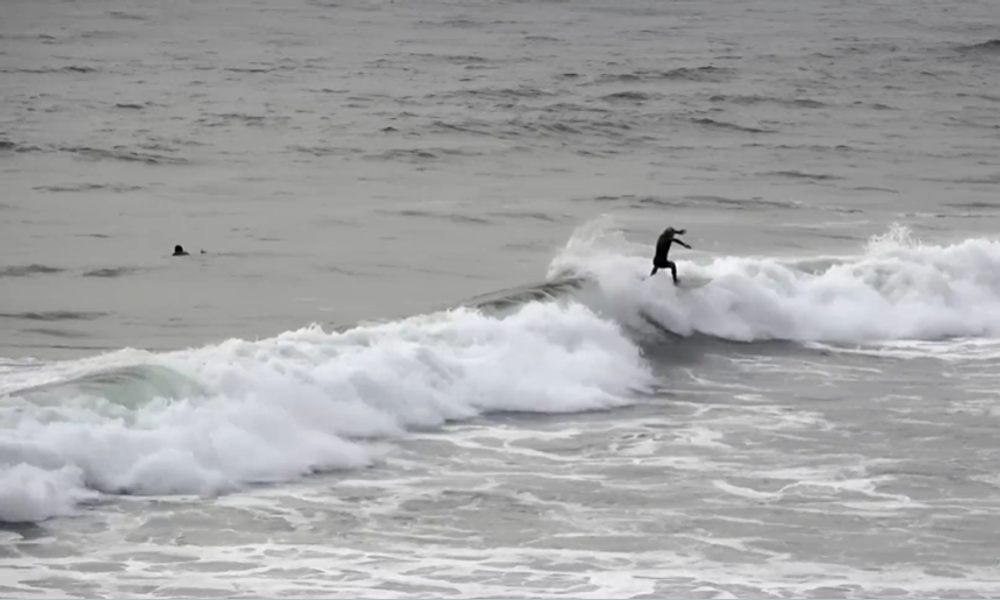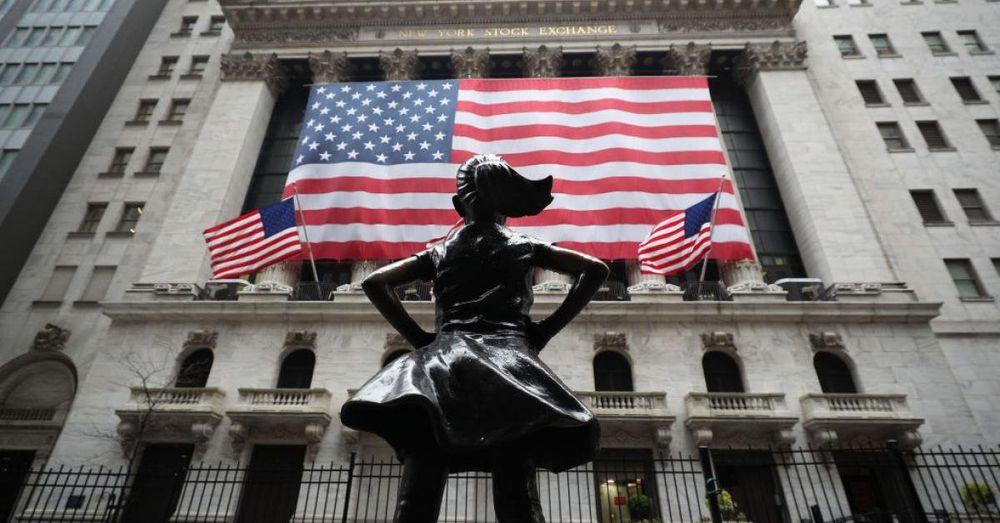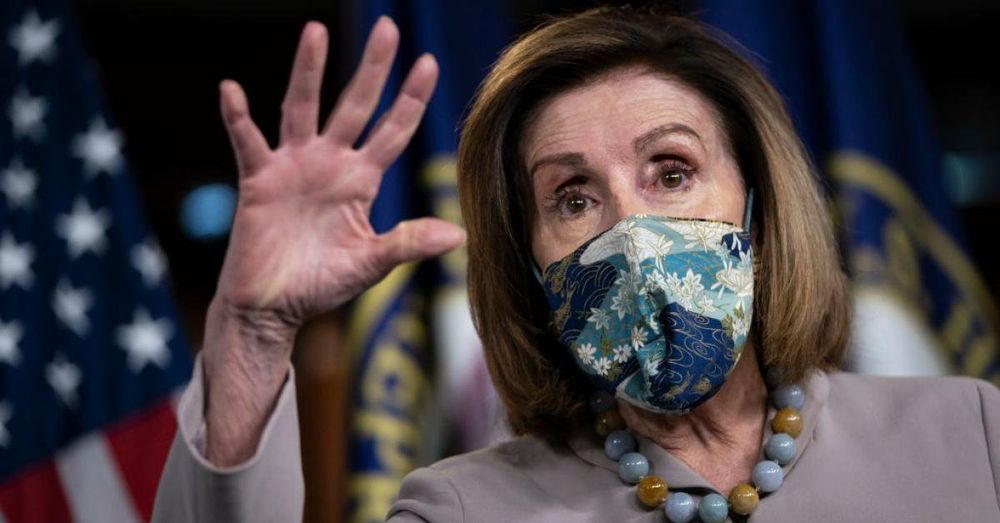
Democrats Propose Spending Trillions to Fight Climate Change
WASHINGTON (AP) _ Democratic presidential candidates are releasing their plans to address climate change ahead of a series of town halls on the issue as the party's base increasingly demands aggressive action.
New Jersey Sen. Cory Booker, Massachusetts Sen. Elizabeth Warren and former Obama Cabinet member Julián Castro laid out their plans Tuesday. Minnesota Sen. Amy Klobuchar released hers over the weekend.
The release of the competing plans comes as issues of climate and the environment have become a central focus of the Democratic primary. On Wednesday, 10 Democrats seeking the White House will participate in back-to-back climate town halls hosted by CNN in New York. A second set of climate-focused town halls will be televised by MSNBC later in the month. Liberals had demanded that the Democratic Party focus at least one debate on climate change, but a climate debate resolution was defeated at the Democratic National Committee's summer meeting last month.
The issue is so urgent among Democratic voters that Washington Gov. Jay Inslee made action to limit the worst extremes of climate change the core of his presidential bid. But Inslee dropped out of the presidential race in August after failing to earn a spot in the September primary debate. Warren says Inslee's ideas “should remain at the center of the agenda,'' and she met with him in Seattle when she visited the state for a rally before Labor Day, according to two people familiar with the meeting who spoke on the condition of anonymity to discuss a private meeting.
Warren's clean energy proposal builds on Inslee's 10-year clean energy plan in seeking to implement 100% clean energy standards in three key sectors of the American economy. Warren says she will increase her planned spending on research and investment to cut carbon emissions to $3 trillion. She embraces tough deadlines for sharply cutting or eliminating the use of fossil fuels by the U.S. electrical grid, highways and air transit systems, and by cities and towns. That includes making sure that new cars, buses and many trucks run on clean energy _ instead of gasoline or diesel _ by 2030 and that all the country's electricity comes from solar, wind and other renewable, carbon-free sources by 2035.
Booker's $3 trillion plan includes nearly a dozen executive actions to reverse Trump administration moves. He says that by no later than 2045, he wants to get the U.S. economy to carbon neutral _ a point at which carbon emissions are supposedly canceled out by carbon-cutting measures, such as planting new forests to suck up carbon from the atmosphere. Booker also urges massive restoration of forests and coastal wetlands as carbon sponges and as buffers against rising seas. He sets a 2030 deadline for getting natural gas and coal out of the electrical grid. He would get there partly by scrapping all subsidies for fossil fuels, banning new oil and gas leases, phasing out fracking and introducing a carbon fee.
If elected, Booker says, he will propose legislation creating a “United States Environmental Justice Fund,'' which, among its areas of focus, will replace all home, school and day care drinking water lines by the end of his second term.
Castro's $10 trillion plan aims to have all electricity in the United States be clean and renewable by 2035. He wants to achieve net-zero emissions by 2045 and at least a 50% reduction of greenhouse gas emissions by 2030. And, like Booker, he focuses on environmental racism, in which people of color are disproportionately affected by environmental hazards. Castro says that within the first 100 days of his presidency he would propose new legislation to address the impact of environmental discrimination.
Among Democrats seeking the presidency, there is little disagreement that climate change is a building disaster. Candidates' primary differences are over how aggressively the U.S. should move now to cut fossil fuel emissions to stave off the worst of the coming climate extremes.
Last month, Vermont Sen. Bernie Sanders toured a California mobile home park ravaged by wildfires as he introduced his $16 trillion plan to fight global warming, the costliest among the Democratic field. His plan declares climate change a national emergency, calls for the United States to eliminate fossil fuel use by 2050 and commits $200 billion to help poorer nations reckon with climate change.
Former Vice President Joe Biden has proposed $1.7 trillion in spending over 10 years, on clean energy and other initiatives with the goal of eliminating the country's net carbon emissions by 2050. Biden has been less absolute than some other Democratic candidates on stamping out consumption of oil, natural gas and coal, calling for eliminating subsidies for the fossil fuels rather than pledging to eliminate all use of them.
The relatively minor differences among Democrats on climate change come in sharp contrast to President Donald Trump, who has dismissed and mocked the science of climate change and has reversed course on U.S. climate policy. Trump made pulling the country out of the Paris climate accord one of his administration's first priorities, and his wholehearted support of the petroleum and coal industries has been one of the enduring themes of his presidency
Nationally, 72% of Democratic midterm voters said they were very concerned about the effects of climate change, and 20% were somewhat concerned. That's according to AP VoteCast, a survey of more than 115,000 midterm voters nationwide.
 US Plans for Fake Social Media Run Afoul of Facebook RulesNext PostJudge to Discuss Unsealing New Trove of Epstein Court Papers
US Plans for Fake Social Media Run Afoul of Facebook RulesNext PostJudge to Discuss Unsealing New Trove of Epstein Court Papers

